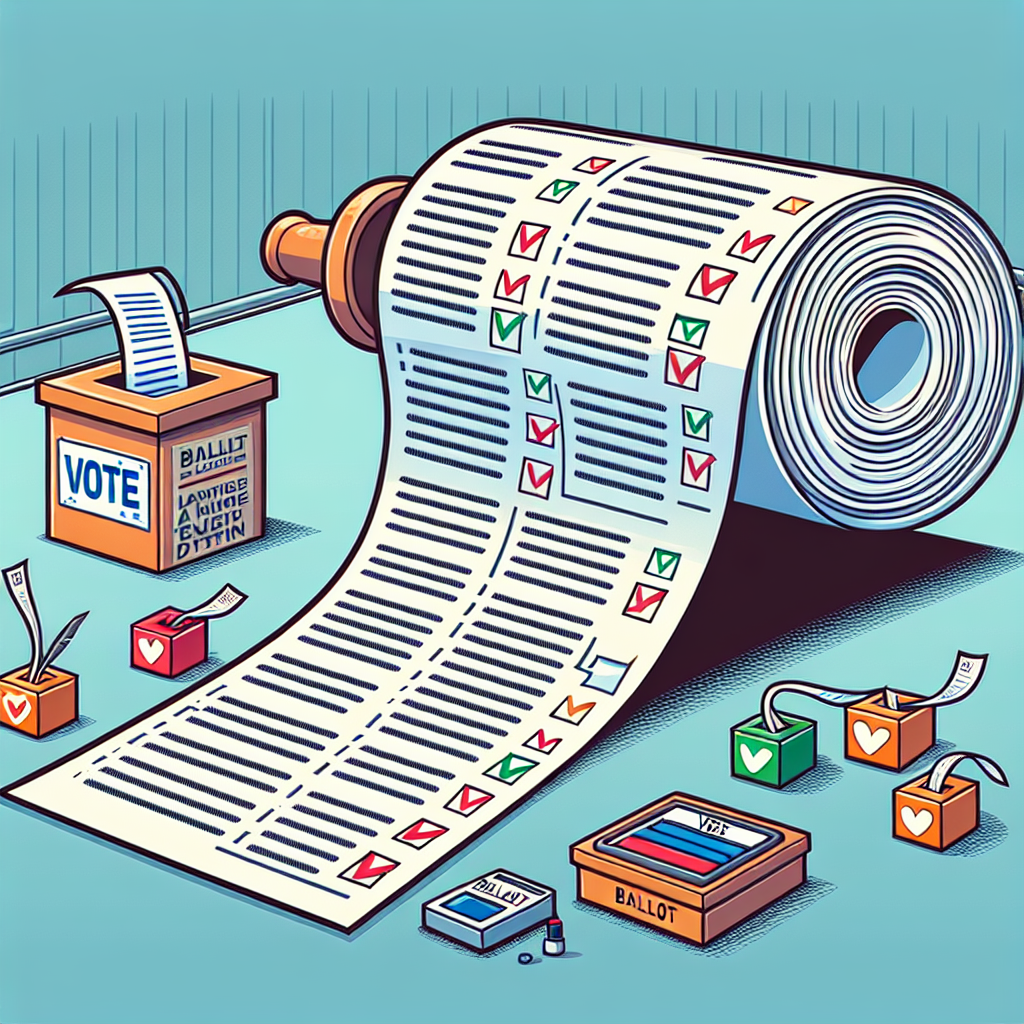Bolivia's Pivotal Election: A Shift in Political Landscapes
Amid economic turmoil, Bolivians voted in a crucial election that may end two decades of leftist governance, potentially aligning Bolivia with Latin America's recent rightward shift. With right-wing candidates Samuel Doria Medina and Jorge Quiroga leading, the nation faces possible geopolitical realignment and significant economic and social changes.

This Sunday's elections in Bolivia could signal the end of the country's long-standing leftist rule, as millions cast their votes amidst economic distress. Polls show a fierce contest between right-wing contenders Samuel Doria Medina and Jorge Quiroga, each aiming to reshape Bolivia's future.
The elections, pivotal for the Movement Toward Socialism (MAS) party, challenge the legacy of its founder, ex-President Evo Morales. Morales, now rallying supporters in Chapare to protest, has been disqualified from the race, casting uncertainty on the political landscape.
Both leading candidates propose restoring U.S. relations and attracting foreign investment, posing risks of austerity measures and potential unrest. The continent watches closely as Bolivia joins a broader right-wing inclination in Latin America, promising change but not without peril.










